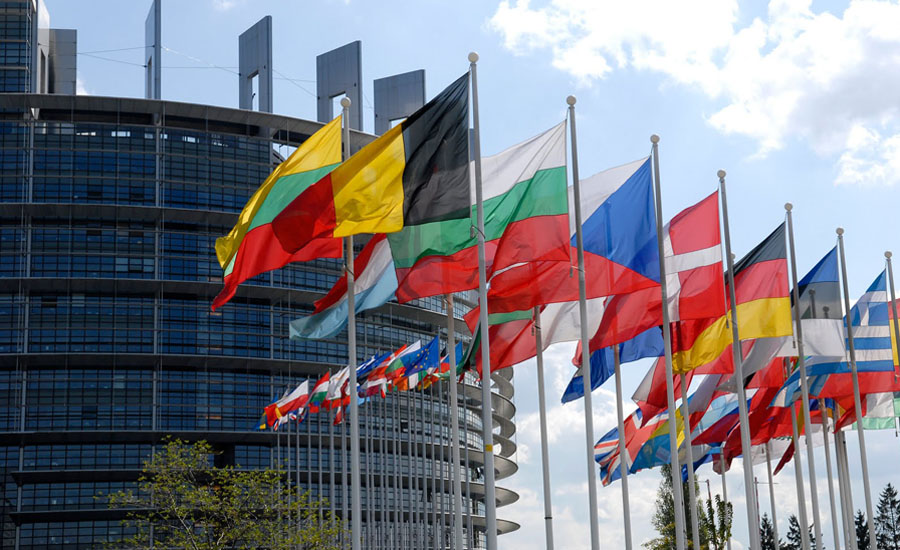Report from abroad:
Spain wants big change in workplace silica exposure levels

The Spanish government’s recent proposal to double the occupational exposure limit value (OELV) for silica is being met with opposition by worker safety advocates. The current limit is 0.05 mg/m³. Under a draft decree presented to the national occupational health and safety commission earlier this month, OELV would be raised to (0.1mg/m³). The government says the change would help improve the competitiveness of Spanish companies. Additionally, it cites an alignment of Spanish OELVs with the European Union (EU) directive.
The European Trade Union Institute, an independent research and training center of the European Trade Union Confederation (ETUC), calls the move “a major step backwards” in occupational health legislation.
“The Spanish government’s proposal is all the more shocking given the fact that we are seeing new cases of silicosis in Spain among young workers tasked with cutting artificial stone worktops,” said ETUI researcher Laurent Vogel.
Vogel said the European OELV for silica is too low, and called for it to be revised to meet European Parliament demands. Even if the absence of a revision, EU member states are allowed to adopt national rules providing their workers with a higher level of protection; EU occupational health directives only specify minimum standards.
Vogel pointed out that the Scientific Committee on Occupational Exposure Limit Values (SCOEL) recommended in 2003 that the the OELV for silica be below 0.05 mg/m³.
The ETUI points to scientific literature showing that the silica OELV proposed by the government would result in a high number of deaths linked to silicosis, lung cancer and other diseases. The government also intends to triple the maximum exposure level for acrylamide, a cause of pancreatic cancer, and double the level for bromoethylene (vinyl bromide), a cause of liver cancer.
Complicating matters is the fact that a general election in April failed to result in one political party winning a majority of votes, thus leaving Span with what is known as a “caretaker” government. Another general election scheduled for November may succeed clarifying political power in the country, but in the meantime, Vogel contends that the Spanish constitution prohibits a caretaker government from taking actions that could affect the orientations of the next government.
“Sacrificing the lives of thousands of people to meet the demands of business lobbies is a major political move and not a simple decision relating to current affairs.”
Reference:
Summary of SCOEL's opinion
Looking for a reprint of this article?
From high-res PDFs to custom plaques, order your copy today!






